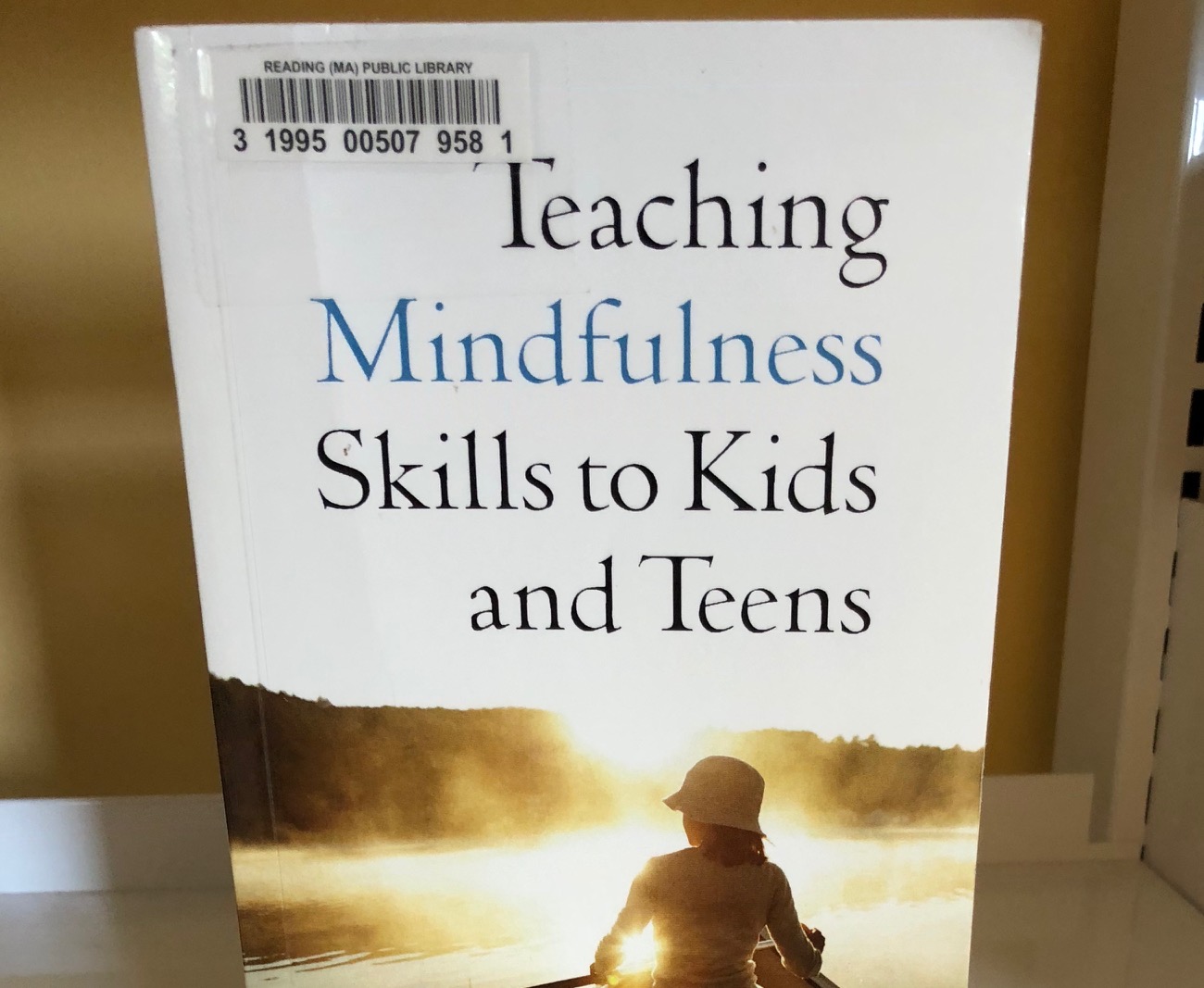For 15 years my pet peeve has been that the term “yoga” has become synonymous with hippie exercise rather than its scientific, faith-based origins.
Deep breaths.
“Aum. All yoga is good – except maybe that one with guns! Aum.”
I have a new one: the term “mindfulness” has become another mainstream spinoff of Patanjali’s Raja Yoga – again, without mentioning the author or the object of his faith.
According to Raja Yoga, we have THREE parts: body, mind, and consciousness. No one seems to want to be associated with the third one!! WTH?!
I shouldn’t care. Patanjali would be delighted that his prehistoric treasure map has survived in any form, regardless of name or attribution. Though he’d be mortified at what we’ve done to the Garden of Eden.
The intent of Patanjali’s discipline is to foster Love and Faith.
The Yoga Sutras are a personal, holistic (body, mind, spirit) discipline that can lead to realization of the existence of God.
Right. Game changer. As in, a way to find eternal peace while you’re still here!!
Once faith buds, love inevitably blossoms – and nothing is more powerful or transformative.
Every breath is scientifically (if not divinely) miraculous. Give thanks to the Source of Everything for this life opportunity and experience and get to know yourself better. Meditate, the original form of prayer!! 😉
Since actions speak louder than words, in addition to setting aside time to close your eyes and express appreciation for your life, give thanks and honor whatever you call the Source of Everything (which, btw doesn’t need anything) by serving those less fortunate than yourself.
These are my notes after a quick read of the first chapter of Willard & Saltzman’s “Teaching Mindfulness Skills to Kid and Teens”:
The first chapter of the book introduces “MBCT-C” as fundamental to their approach. What’s MBCT-C? “Mindfulness-Based Cognitive Therapy for Children” [that’s a mouthful]
Here are MBCT-C’s “12 points of awareness for children”. It’s a 12-class course for elementary school kids [these aren’t MBCT’s titles; I’m just making the point that Patanjali is smiling!]:
THE KID VERSION:
- We naturally run on autopilot
- You can live with awareness instead
- We’re not our thoughts
- We’re the awareness OF our thoughts
- Emotions affect our thoughts
- Thoughts affect our actions
- Concentration
- Practicing concentration
- Karma
- Non-attachment
- Constant practice
- You get out of anything what you put into it
Can you spell, “P A T A N A J A L I ‘ S R A J A Y O G A”?
WANT THE ADULT VERSION? Pick up a copy of any interpretation of Patanjali’s Yoga Sutras and reach out. It’s what I do.
God bless, Skip




